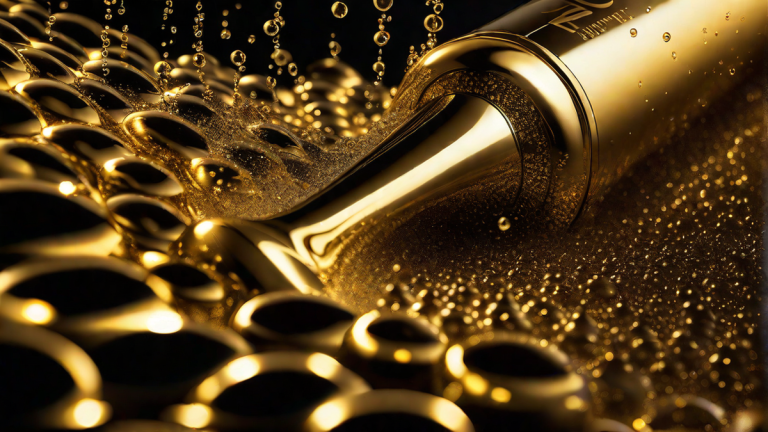Have you ever thought about the length of time that champagne remains in your body? Being a wine lover, I frequently contemplate the impact of wine on our physical well-being. In this article, I will explore the duration of champagne’s presence in the body and offer some insights.
First and foremost, it’s important to understand that the duration champagne stays in your system can vary from person to person. Factors such as body weight, metabolism, and alcohol tolerance play a significant role in determining how long it lingers in your body.
When we consume champagne or any alcoholic beverage, our bodies metabolize the alcohol at a fairly consistent rate – about one standard drink per hour. A standard drink is usually defined as 14 grams of pure alcohol, which is equivalent to approximately 5 ounces (148 milliliters) of champagne.
However, it’s worth noting that champagne typically has a lower alcohol content compared to other wines. Most champagnes have an alcohol content of around 12%, which means they contain approximately 0.6 ounces (17.7 milliliters) of alcohol per standard drink.
Given this information, we can estimate that a glass of champagne will take around 1-2 hours to be fully metabolized by your body, provided you are a healthy adult with an average metabolism.
It’s important to remember that alcohol affects everyone differently, and individual variations can have a significant impact on how long champagne stays in your system. Factors such as hydration levels, food consumption, and overall health can influence the rate at which your body processes alcohol.
Another factor to consider is the amount of champagne consumed. If you indulge in several glasses of champagne in a short period, it will take longer for your body to metabolize the alcohol. Additionally, binge drinking can lead to a buildup of alcohol in your bloodstream, resulting in a longer-lasting effect.
Now, let’s address the commonly asked question of whether drinking water or engaging in other “sobering up” techniques can speed up the elimination of champagne from your system. While drinking water can help you stay hydrated and potentially alleviate some of the immediate effects of alcohol, it does not accelerate the metabolism or elimination process. Time is the only surefire method for your body to process and eliminate alcohol.
In conclusion, how long champagne stays in your system can vary depending on many factors, including your individual metabolism, alcohol tolerance, and the amount consumed. On average, it takes around 1-2 hours for your body to metabolize a glass of champagne. However, it’s essential to pace yourself, drink responsibly, and be aware of your own limits to enjoy champagne and other alcoholic beverages safely.




